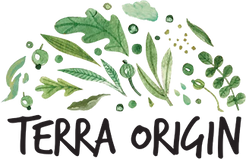
Understanding Gut Health: Why It Matters for Overall Wellness
The conversation around wellness has shifted, moving from calorie counting to a deeper appreciati...
Continue reading
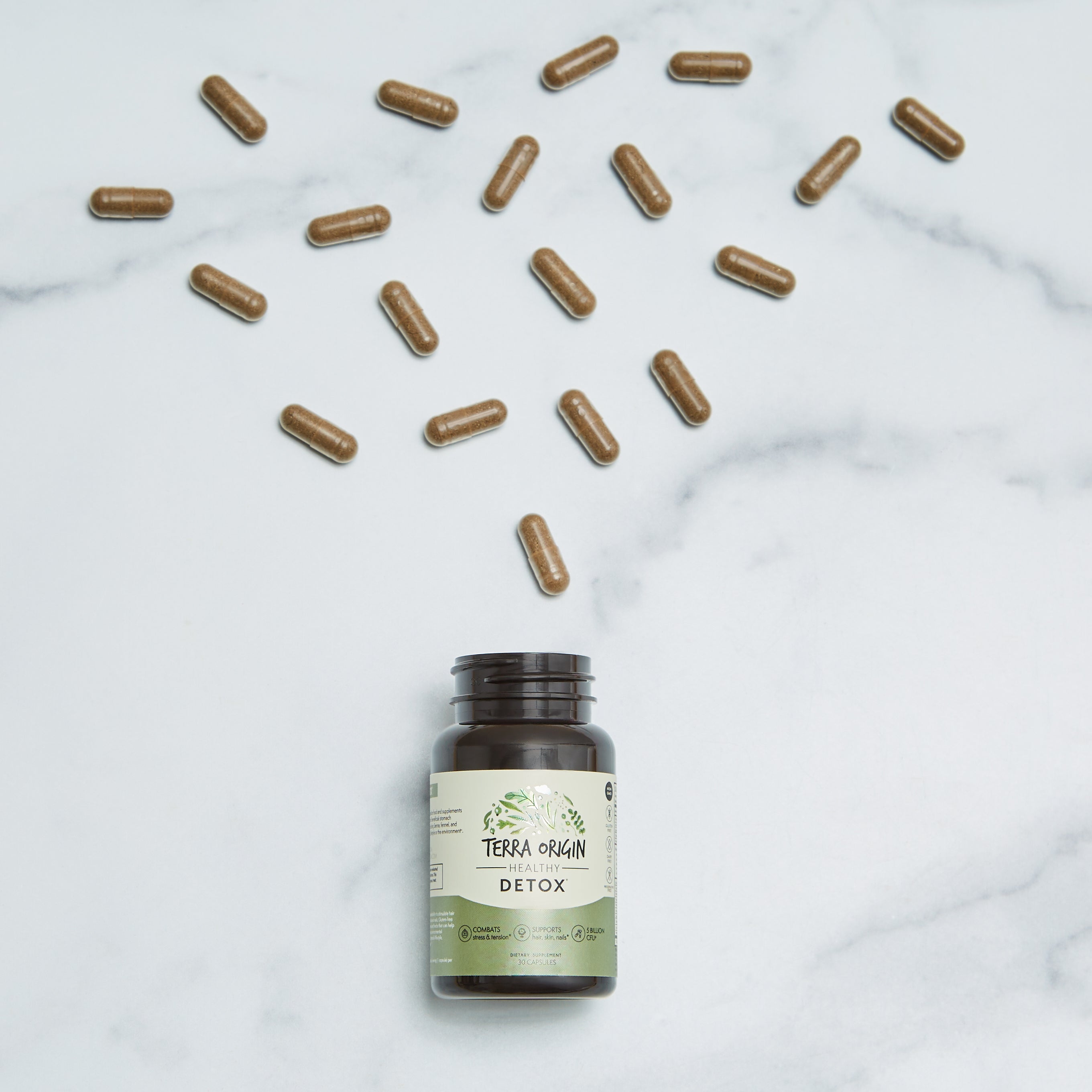
How to Support Metabolism and Weight Management Naturally
Maintaining a healthy metabolism and managing weight doesn’t require harsh diets or artificial solutions. By embracing natural methods, including supplements like Healthy Gut, Healthy Detox, and Digestive Enzymes, you can promote fat burning, boost metabolism, and increase energy effectively.
Continue reading
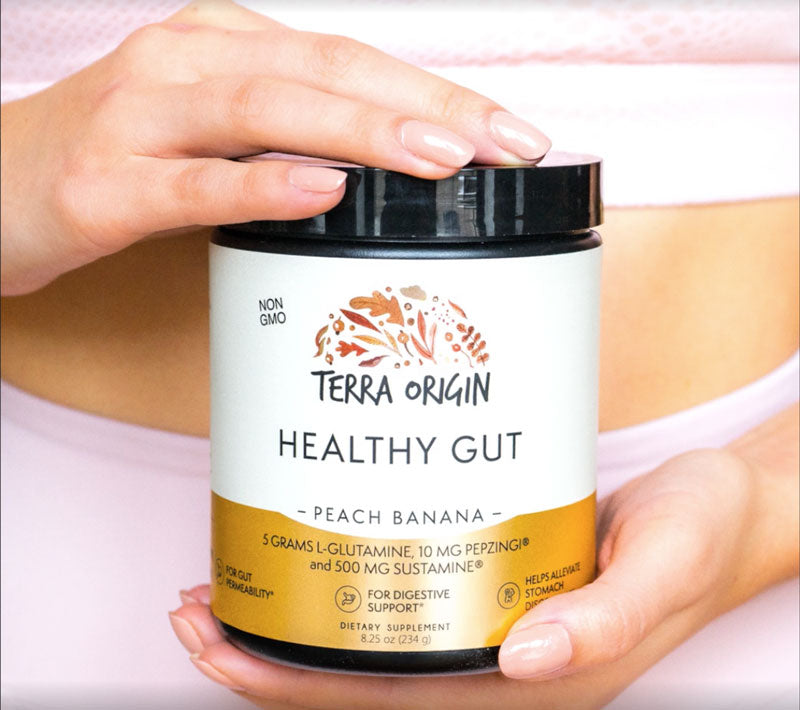
5 Easy Ways to Improve Your Digestion
Did you know that building a strong digestive system can help you fight weight gain, speed up your metabolism, overcome other stomach issues and boost your immune system? This is especially important as we enter the warmer months. In fact, it’s common to suffer from bloating, heartburn and stomach aches in the summer due to dehydration, poor meal preparation or even changes in our diet.
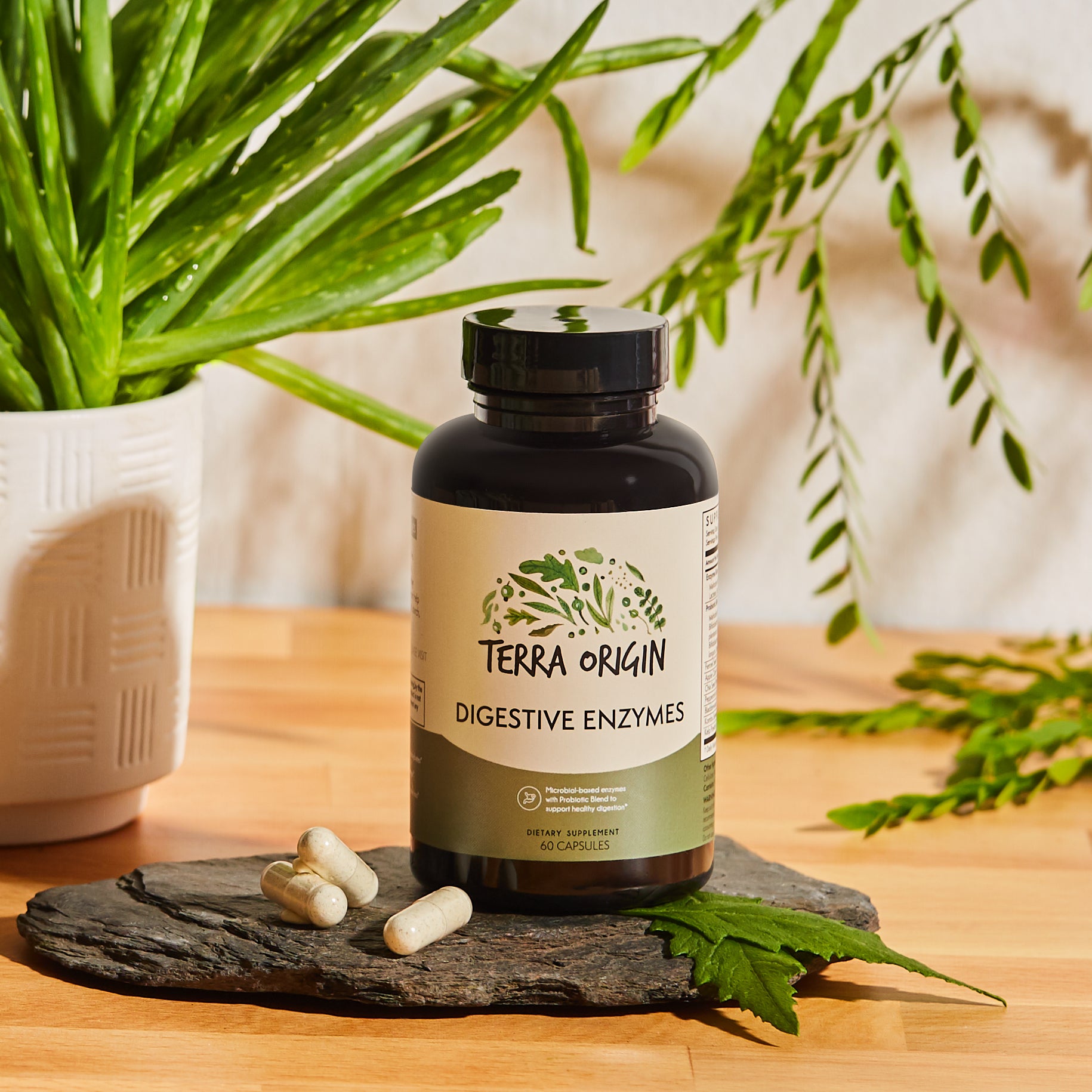
5 Ways to Improve Your Digestion This Winter
Did you know that building a strong digestive system can help you fight problems like weight gain, slow metabolism, and other stomach issues that might happen during the winter?
Continue reading

The Amazing Ways That Bone Broth Nourishes the Gut
The fall season kicks off in September which means it’s the perfect time to curl up with a comforting mug of bone broth. Not only is bone broth delicious, but it’s also incredibly nutritious. Here’s everything you need to know about bone broth and how taking it can lead to better gut health. (So long leaky gut!)

10 Reasons Terra Origin's Healthy Gut Powder is the Best Choice
If digestive issues are a concern for you, this is an easy way to protect yourself.
Continue reading
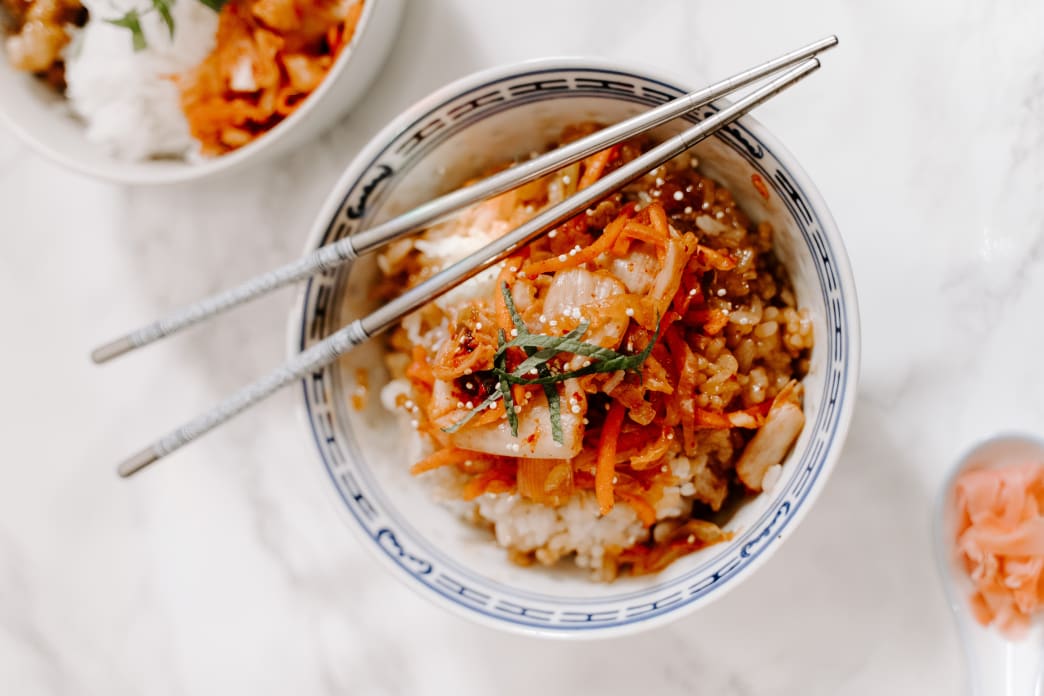
How To Improve Your Gut Health
Fix Your Gut Health to Look and Feel Better.
What’s your gut feeling? According to mounting ...
Continue reading
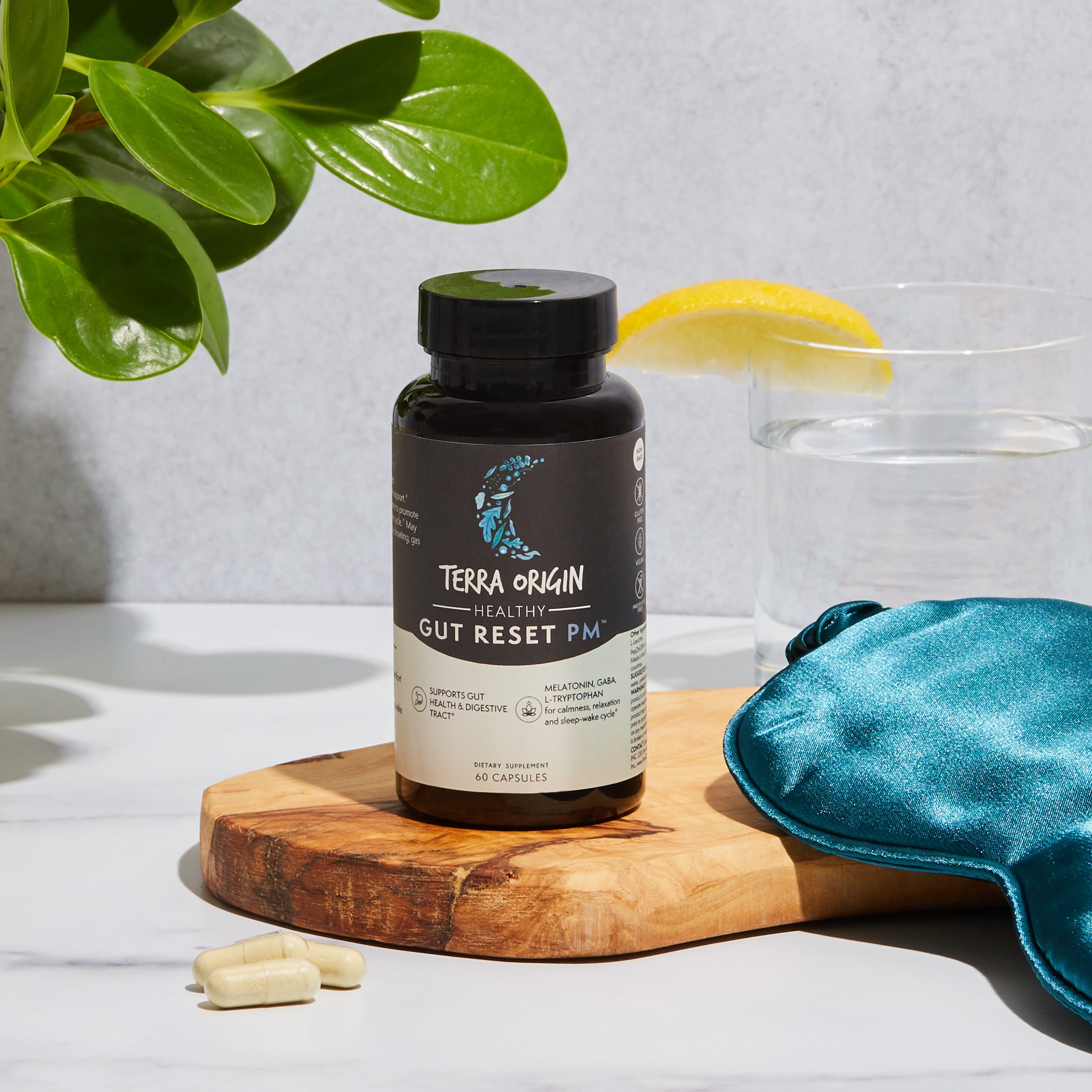
A Perfect Gastritis Diet: Foods to Eat and Foods to Avoid
Gastritis is a condition consisting of numerous symptoms; it could be heartburn, pain, indi...
Continue reading
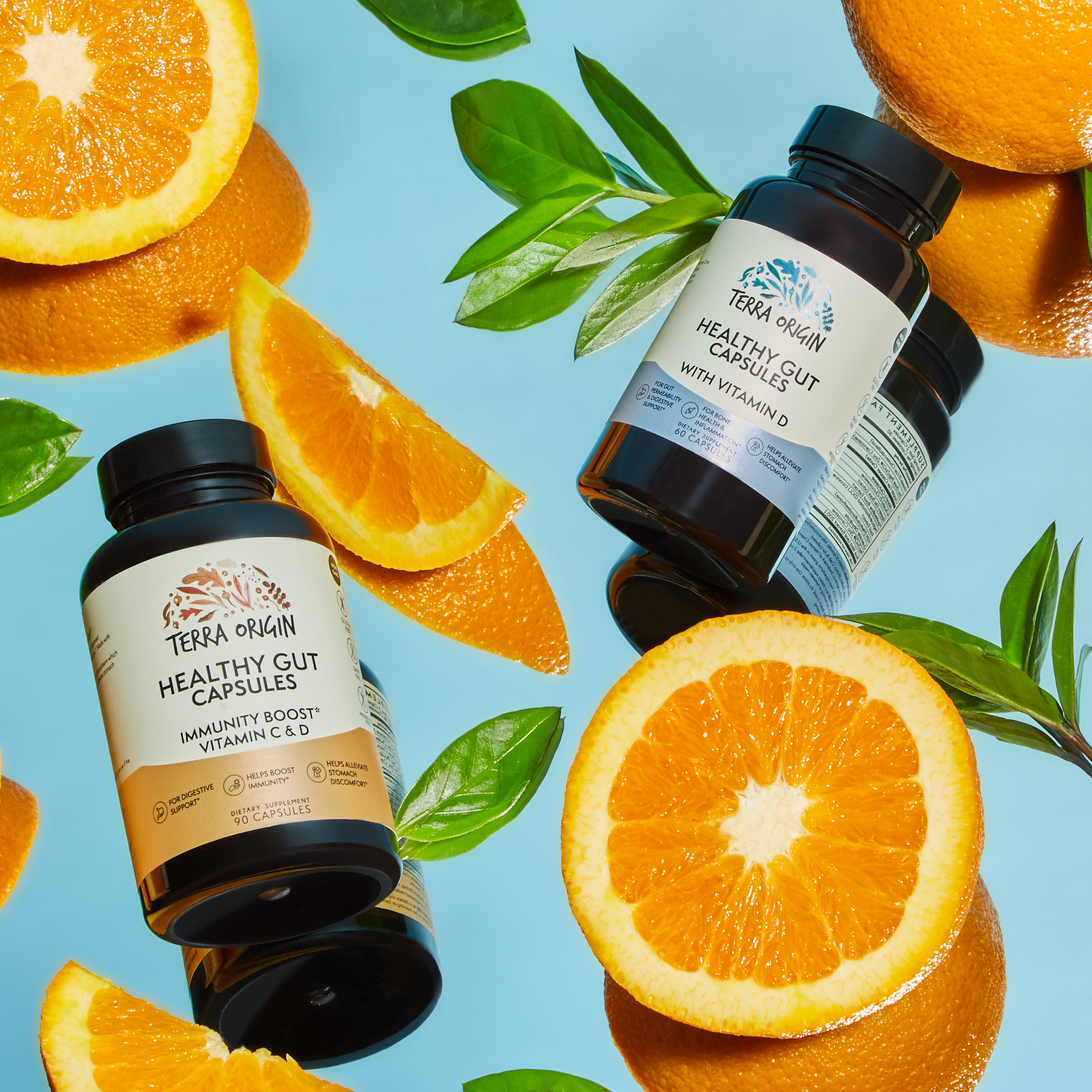
How Leaky Gut Happens
There may be some disagreements on terminology around leaky gut, but that doesn’t make the sympt...
Continue reading
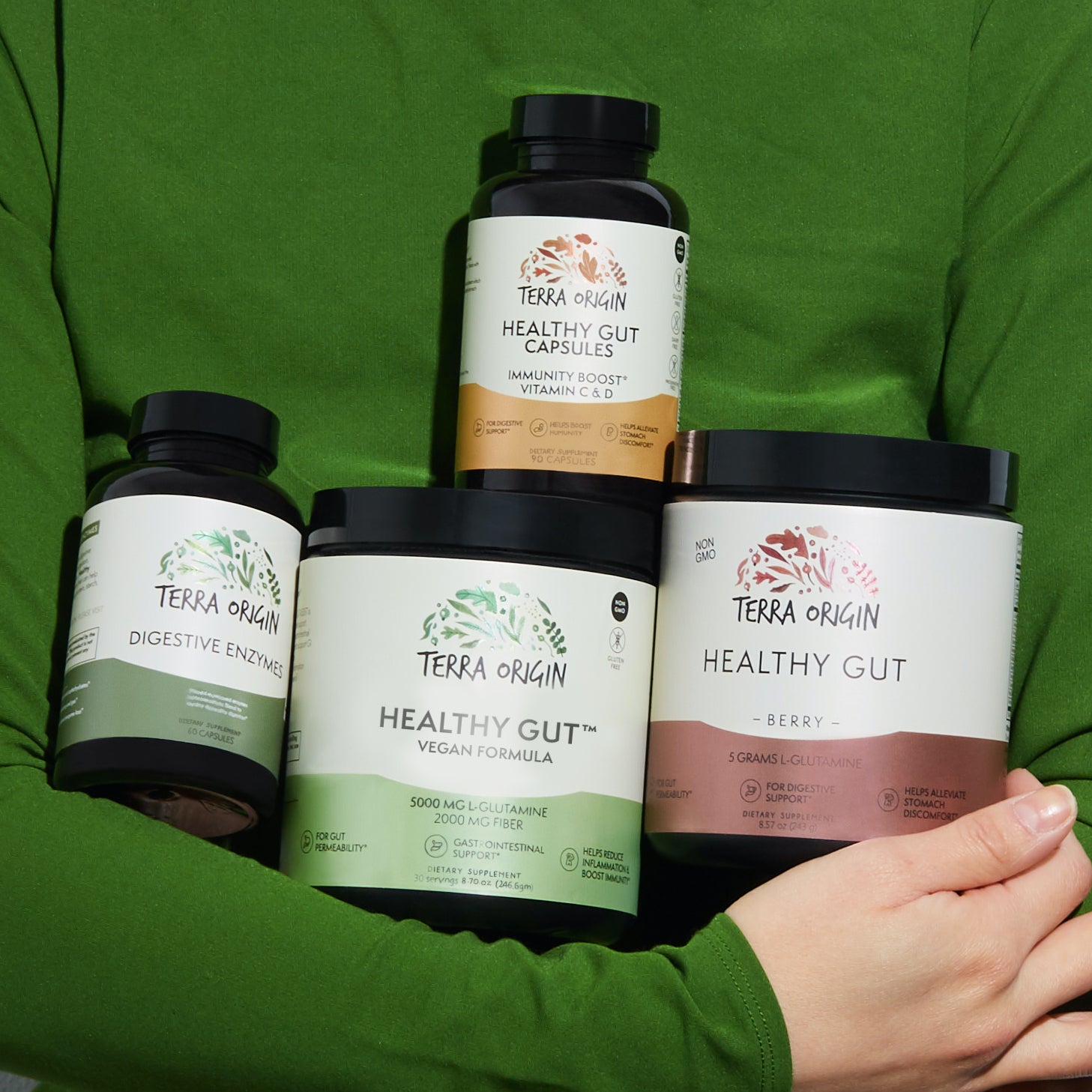
How to Heal Your Gut
There is a lot of talk going around about leaky gut, intestinal impermeability, digestive disorde...
Continue reading
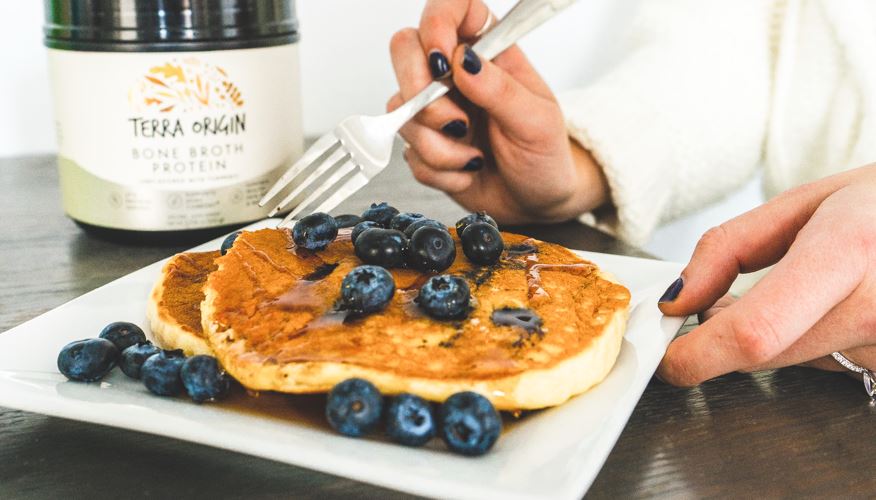
Take Time to Honor the Pancake
We love a good celebration, and could there be any better than January 28th, National Blueberry P...
Continue reading
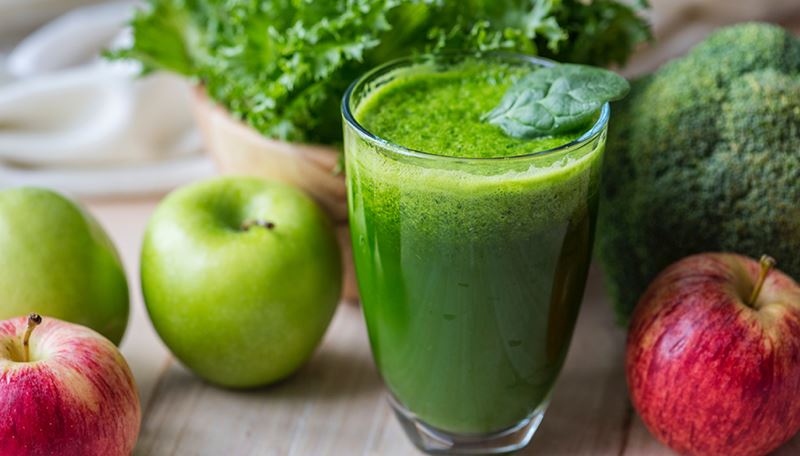
Importance of Gut Health During Cold and Flu Season
Gut health is a hot topic these days around dinner tables, locker rooms and doctor’s offices as w...
Continue reading
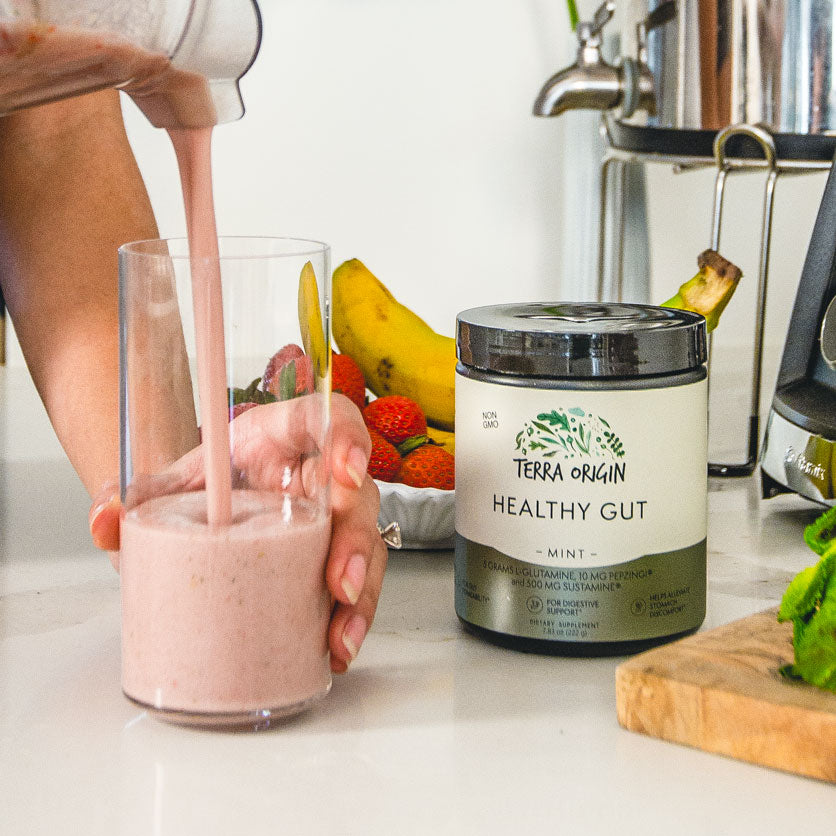
How to Host a Gut Healthy Christmas Dinner
In the time of food allergies, sensitivities and diet frenzies, being the one to cook a meal that...
Continue reading
